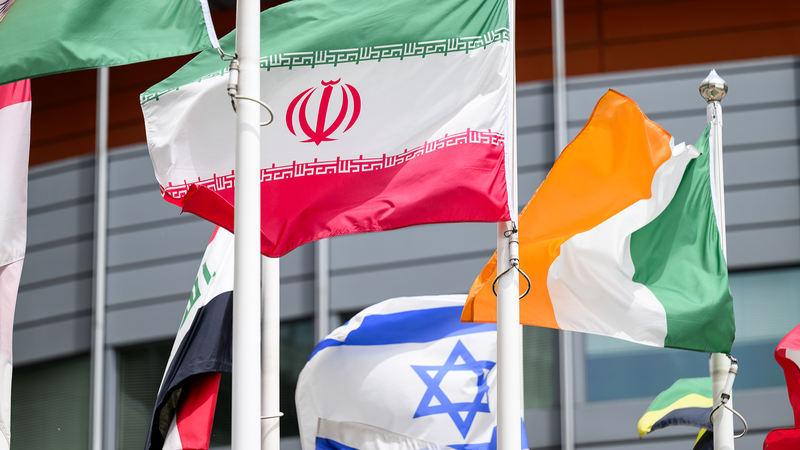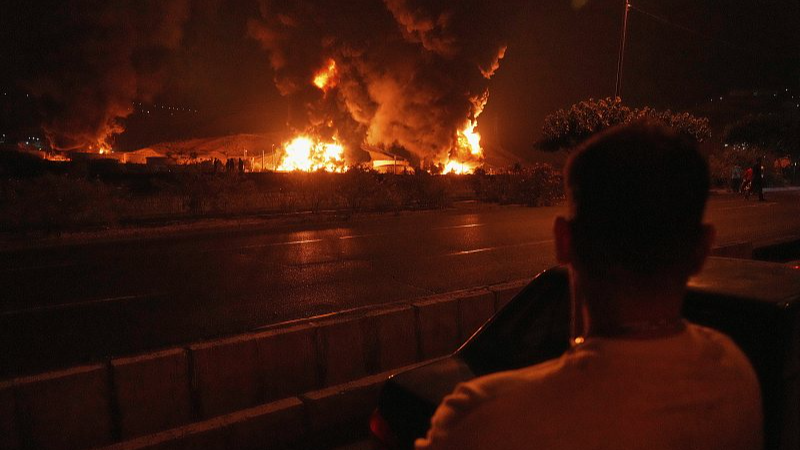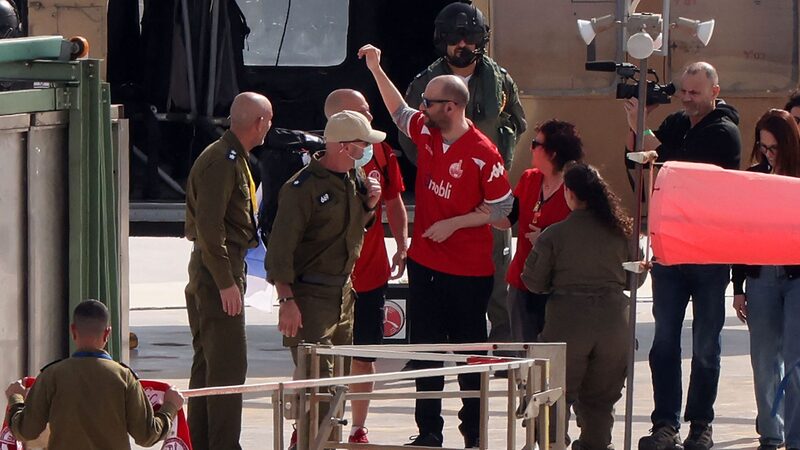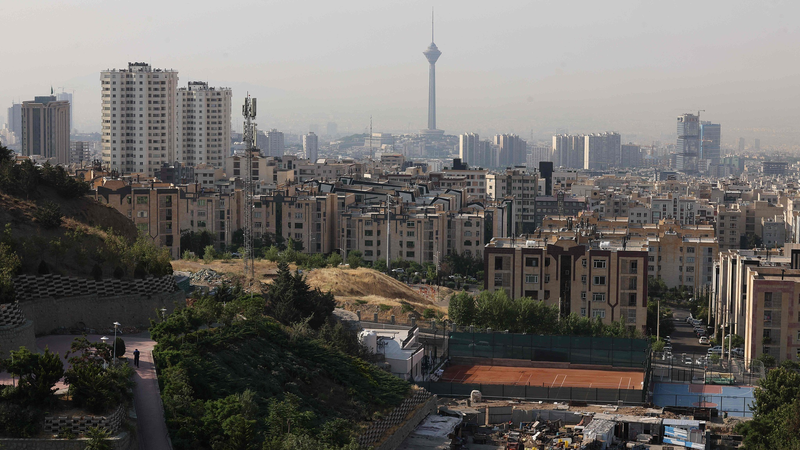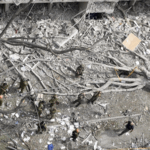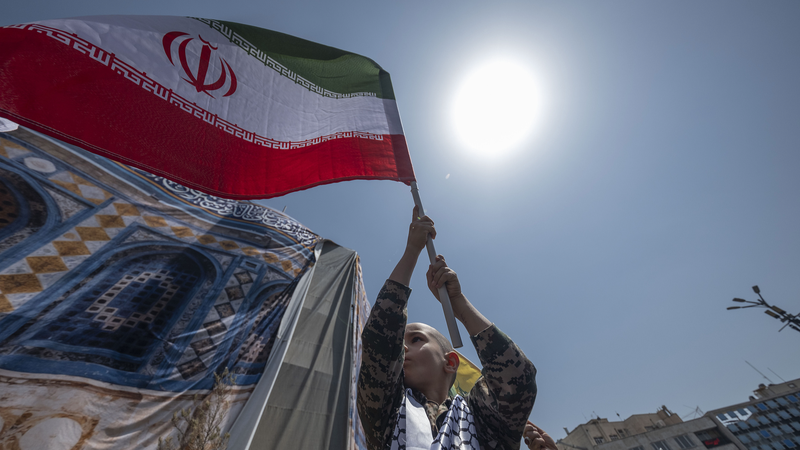After 12 days of intense hostilities, Israel and Iran have agreed to a fragile ceasefire, but analysts warn that unresolved disputes over Tehran's nuclear program could reignite conflict. The truce follows weeks of strikes rooted in decades of ideological rivalry and competing security narratives.
Roots of Rivalry: Ideology and Identity
The conflict stems from opposing political visions since Iran's 1979 Islamic Revolution, which positioned Tehran as a revolutionary counterweight to Western-aligned states. Israel's close ties with the U.S. and its Zionist foundations have made it a frequent target in Iranian rhetoric, while Iran's pan-Islamist aspirations are viewed by Israel as existential threats.
The Nuclear Flashpoint
Disagreements over Iran's uranium enrichment program remain central. Iran maintains its right to peaceful nuclear development under IAEA oversight, while Israel alleges covert weapons ambitions. With Tehran now enriching uranium to 60% purity – nearing weapons-grade levels – and stalled diplomatic talks, both sides accuse the other of undermining regional stability.
Ceasefire Challenges and Global Implications
Despite the pause in fighting, strategic mistrust persists. The U.S. faces criticism for its fluctuating approach, while hardliners in Iran advocate for accelerated nuclear capabilities. Israel warns of preemptive strikes if enrichment continues, creating a volatile environment for investors and neighboring states. The lack of direct communication channels between Tehran and Jerusalem further complicates conflict resolution.
Editor's note: Wang Jin is the director of the Center of Strategic Studies at Northwest University.
Reference(s):
The causes and future of the conflict between Israel and Iran
cgtn.com
